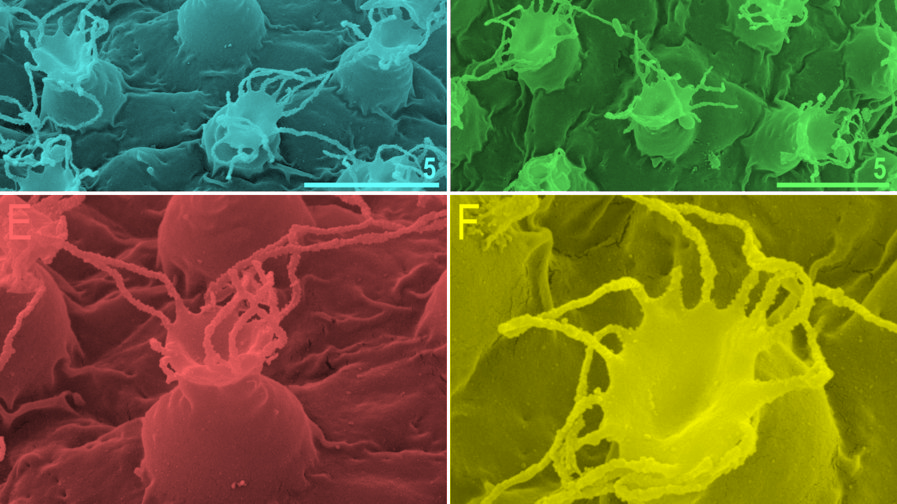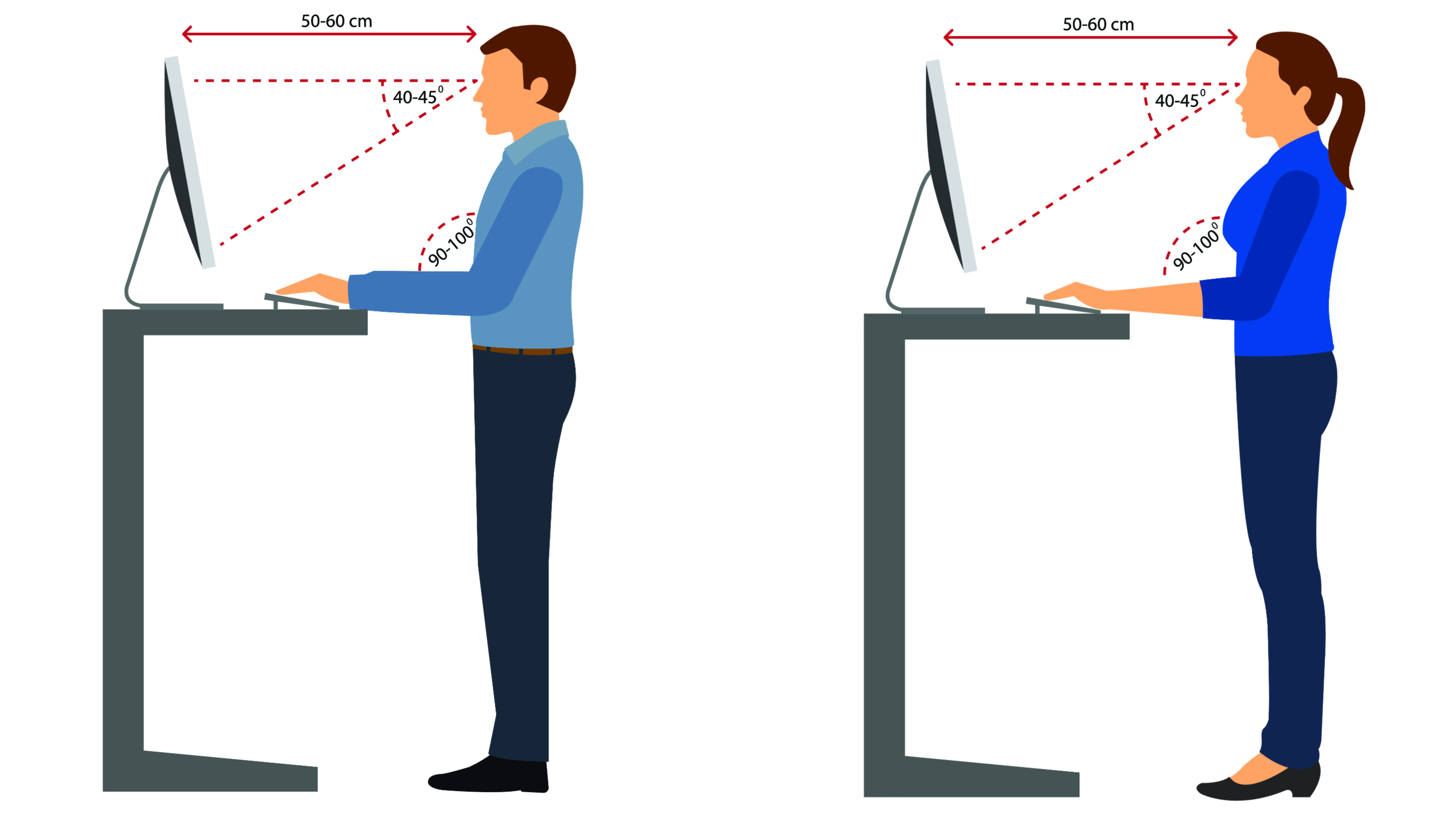Surprising Science
All Stories
The Plasmodium Consortium seeks to get answers to America’s problems from slime molds.
“I would rather be ashes than dust!rnI would rather be a superb meteor, every atom of me in magnificent glow,rnthan a sleepy and permanent planet.”rn — Jack London
A new startup has a method for preserving a brain’s memories when it’s frozen for future uploading.
In her enlightening new book, Blue Dreams, Lauren Slater covers the history of psychotropic drugs.
NASA’s Twins Study is critical to understanding what happens to the human body after a prolonged period in space.
History will remember Stephen Hawking for his many contributions to cosmology and astrophysics, but his beliefs about the future could soon prove just as important.
DNA testing of the remains of nine women with elongated skulls suggests a strange explanation for how they likely ended up hundreds of miles from their homeland.
As you live in our hyper-connected world, it may seem strange to realize that thousands of people still live in so-called uncontacted tribes, utterly cut off from modern civilization.
It’s no secret that women are underrepresented in various sectors, from politics and banking to engineering and computing. But what about when it comes to space exploration?
Looks like we finally know some answers that they didn’t in 1940.
Seven people ate a ketogenic diet for three months straight. Here’s what happened.
When the past and future are no longer connected, some pretty weird stuff happens.
Dammit, Spock, can your cold, calculating reason fathom the mysteries of the human heart?
Learning about synesthesia can help us better understand how our brain works, particularly in terms of perception.
A new study from scientists in China suggests that medical devices could one day restore vision to the blind.
So-called ‘positive stress’ has been growing in popularity among Silicon Valley workers.
The 168th known tardigrade—a.k.a “water bear” or “moss piglet”—species can even reproduce in the lab.
Since 2016, the exoplanet Proxima b has been a top candidate in the search for alien life. But new findings show that a stellar flare might have scorched that hope entirely.
Sure, you love your dog. But do you love your dog enough to spend $50,000 on a cloned version of your dog that in all likelihood won’t act like your departed pal?
A new study finds that supposedly healthier standing desks cause physical pain and slow down users’ thinking.
After examining thousands of diabetes patients, researchers in Finland and Sweden identified five distinct categories of diabetes.
It’s raining penguins!
Welcome news as the flu pandemic begins to subside.
The findings could help medical professionals better determine the official time of brain death, and might have implications on the protocols for organ donation.
The scientists have traced the signals to just 180 million years after the Big Bang, making the detection the earliest evidence of hydrogen yet observed.
If the neural crest hypothesis is correct, humans are the first domesticated animals. But who, or what, tamed us?
A major clinical trial finds that diet quality beats calorie counting for the best weight loss strategy.
A new study links heavy alcohol usage with dementia. Other research finds that soon we might not be able to tolerate alcohol at all.
Research shows that the U.S. has more food allergies than other nations though it’s not clear why. The good news: For one of the worst allergies, peanuts, there’s promising news.





























